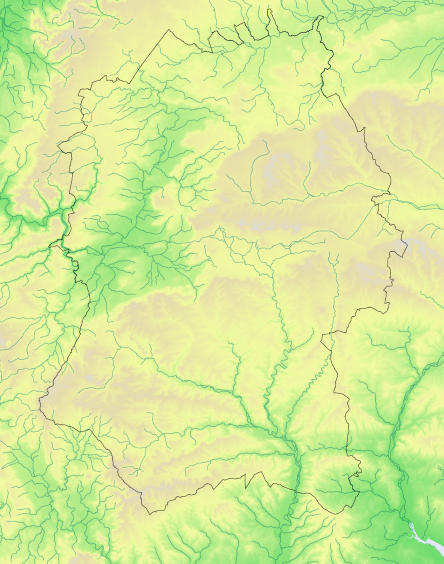Lapwing Vanellus vanellus
Winter distribution 1995–2000
Decreasing breeder, common late summer/autumn/winter visitor from north/east Europe
Atlas species lists
- Breeding distribution 1995–2000
- Summer abundance 1995–2000
- Winter distribution 1995–2000
- Winter abundance 1995–2000
- Breeding distribution 2007–2012
- Summer abundance 2007–2012
- Winter distribution 2007–2012
- Winter abundance 2007–2012
- Breeding distribution change
- Summer abundance change
- Winter distribution change
- Winter abundance change
More Lapwing maps
- Breeding distribution 1995–2000
- Summer abundance 1995–2000
- Winter distribution 1995–2000
- Winter abundance 1995–2000
- Breeding distribution 2007–2012
- Summer abundance 2007–2012
- Winter distribution 2007–2012
- Winter abundance 2007–2012
- Breeding distribution change
- Summer abundance change
- Winter distribution change
- Winter abundance change
More maps for this atlas
Map explanation
This map shows the winter distribution of the species in Wiltshire as revealed by the fieldwork for Birds of Wiltshire (Wiltshire Ornithological Society 2007).
Key
Status
Nos tetrads

Present
72
16%

Not surveyed
Lapwings breed in temperate areas of Europe and in a narrower band across southern Siberia and north central Asia. Those breeding to the east of Scandinavia, Germany and Switzerland migrate westward in winter, to the Mediterranean, North Africa and the Atlantic seaboard, including to the British Isles, which are near the northern limit of the species in winter.
Lapwings were regarded as a common breeding species in Great Britain in the 19th century and much of the 20th. The Common Bird Census of 1972 indicated that there were some 200,000 breeding pairs in the British Isles, while a 1987 calculation estimated that there were a total of about 123,000 pairs in England and Wales alone. A national breeding survey in 1998 however estimated that this total had by then nearly halved to 63,000, probably as a result of changes in agricultural practice, particularly the increase in autumn-sown cereals. Bird Atlas 2007-2011 showed a decline of 17% in breeding season distribution in Great Britain since the 1968-72 Atlas together with a substantial decrease in abundance in most of the regions where breeding continued. By contrast, there has been a marginal increase in the numbers wintering in Great Britain since the 1981-84 Winter Atlas.
In Wiltshire, Lapwings remain a relatively common breeding species, but the trend is significantly downwards: Birds of Wiltshire recorded them in 444 tetrads in summer, with breeding confirmed or probable in 270. WTA2 recorded them in 320 tetrads with breeding in 208. In winter by contrast the trend in distribution has been sharply upwards: the partial winter survey for Birds of Wiltshire recorded Lapwings present in 16% of tetrads surveyed; surveys for WTA2 found them in 48% of tetrads.
References
The following references are used throughout these species accounts, in the abbreviated form given in quotation marks:
“1968-72 Breeding Atlas” – Sharrack, J.T.R. 1976: The Atlas of Breeding Birds in Britain and Ireland. T. & A. Poyser
“1981-84 Winter Atlas” – Lack, P.C. 1986: The Atlas of Wintering Birds in Britain and Ireland. T. & A. Poyser
“1988-91 Breeding Atlas” – Gibbons, D.W., Reid, J.B. & Chapman, R.A. 1993: The New Atlas of Breeding Birds in Britain and Ireland 1988-91. T. & A. Poyser
“Birds of Wiltshire” – Ferguson-Lees, I.J. et al. 2007 : Birds of Wiltshire, published by the tetrad atlas group of the Wiltshire Ornithological Society after mapping fieldwork 1995-2000. Wiltshire Ornithological Society.
“Bird Atlas 2007-2011” – Balmer, D.E., Gillings, S., Caffrey, B.J., Swann, R.L., Downie, I.S. and Fuller, R.J. 2013: Bird Atlas 2007-2011: the Breeding and Wintering Birds of Britain and Ireland
“WTA2” – ("Wiltshire Tetrad Atlas 2 ") the present electronic publication, bringing together the Wiltshire data from “Birds of Wiltshire” and “Bird Atlas 2007-11”, together with data from further fieldwork carried out in 2011 and 2012.
"Hobby" - the annual bird report of the Wiltshire Ornithological Society.

